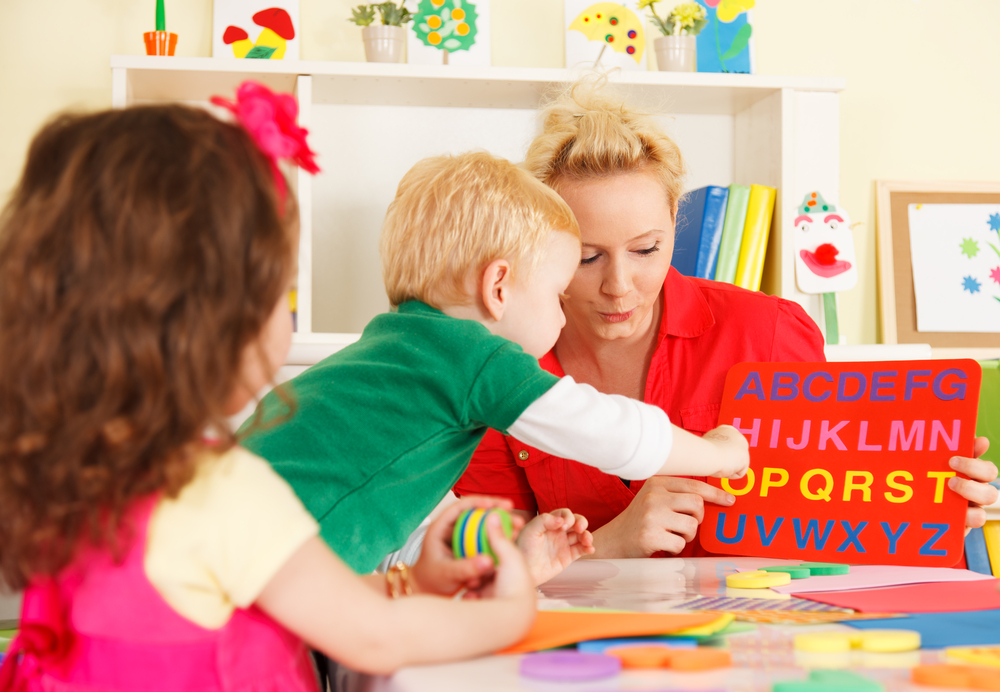Comprehensive Guide to Nurturing Your Baby’s Needs for Optimal Growth and Bonding
This in-depth guide provides parents with essential insights on understanding and meeting their baby's needs from infancy through toddlerhood. It emphasizes responsive caregiving, fostering growth, safety, and emotional bonds to promote healthy development and lifelong confidence. Practical tips and developmental milestones are included to help parents navigate each stage effectively, ensuring their children grow in a secure and nurturing environment.

Understanding and Nurturing Your Baby's Needs for Healthy Development
Parenting is a profound journey filled with joys, challenges, and countless opportunities to positively influence your child's future. One of the most crucial aspects of effective parenting is understanding your baby's innate needs and responding to them with sensitivity and consistency. From the earliest moments after birth through toddlerhood, attentive caregiving lays the foundation for a secure attachment, healthy emotional development, and overall well-being. This comprehensive guide explores how parents can better understand their baby's needs, foster growth, and build lasting bonds that support their child's development into confident and resilient individuals.
Recognizing and Responding to Infant Needs: Newborns and infants have straightforward yet vital needs that require attentive observation. Their primary needs include nutritional sustenance, hygiene, comfort, and emotional security. Recognizing when your baby is hungry, tired, uncomfortable, or in pain is essential to prevent stress and promote health. Observing their cries is often the most telling cue; for example, a hungry cry differs from a discomfort cry. By responding promptly—whether offering a feeding, changing a diaper, or providing gentle arousal—you help your baby feel safe and cared for. Addressing evening fussiness, often caused by colic or overstimulation, involves soothing techniques like gentle rocking, swaddling, or soft lullabies. Consistent responsiveness fosters a strong emotional bond that forms the cornerstone of healthy psychological development.
Supporting Growth and Development: As infants grow, their needs evolve. During this critical period, physical reliance transitions toward exploration and self-expression. Engaging with your toddler by being present during their activities provides comfort and security, encouraging curiosity and learning. It’s important to recognize and shield your child from potential dangers in their environment, such as sharp objects or unsafe areas, while teaching safety in a gentle, age-appropriate manner. Repeating key safety messages and setting boundaries helps your child internalize rules without feeling restricted, fostering independence and confidence.
Encouraging Interests and Hobbies: By the time your child reaches toddlerhood, distinct preferences in books, toys, and play activities become evident. Observing what excites and engages your child allows you to tailor activities that stimulate their interests while providing opportunities for creativity and self-expression. Participating in their preferred activities strengthens your bond and encourages open communication. Whether it’s reading stories together, playing with puzzles, or engaging in imaginative play, these interactions lay the groundwork for social skills and emotional intelligence.
Promoting Learning and Exploration: Toddlers have an incredible capacity for learning, often absorbing new concepts and vocabulary at a rapid pace. Taking frequent trips to diverse environments—such as parks, zoos, museums, and libraries—can significantly enhance their understanding of the world. These outings serve as experiential learning moments, enriching their vocabulary and sensory experiences. Engaging in educational activities in natural settings fosters curiosity, critical thinking, and a love for discovery. Supporting their developmental milestones through interactive play, storytelling, and hands-on exploration helps nurture their cognitive and sensory development, setting the stage for lifelong learning.





